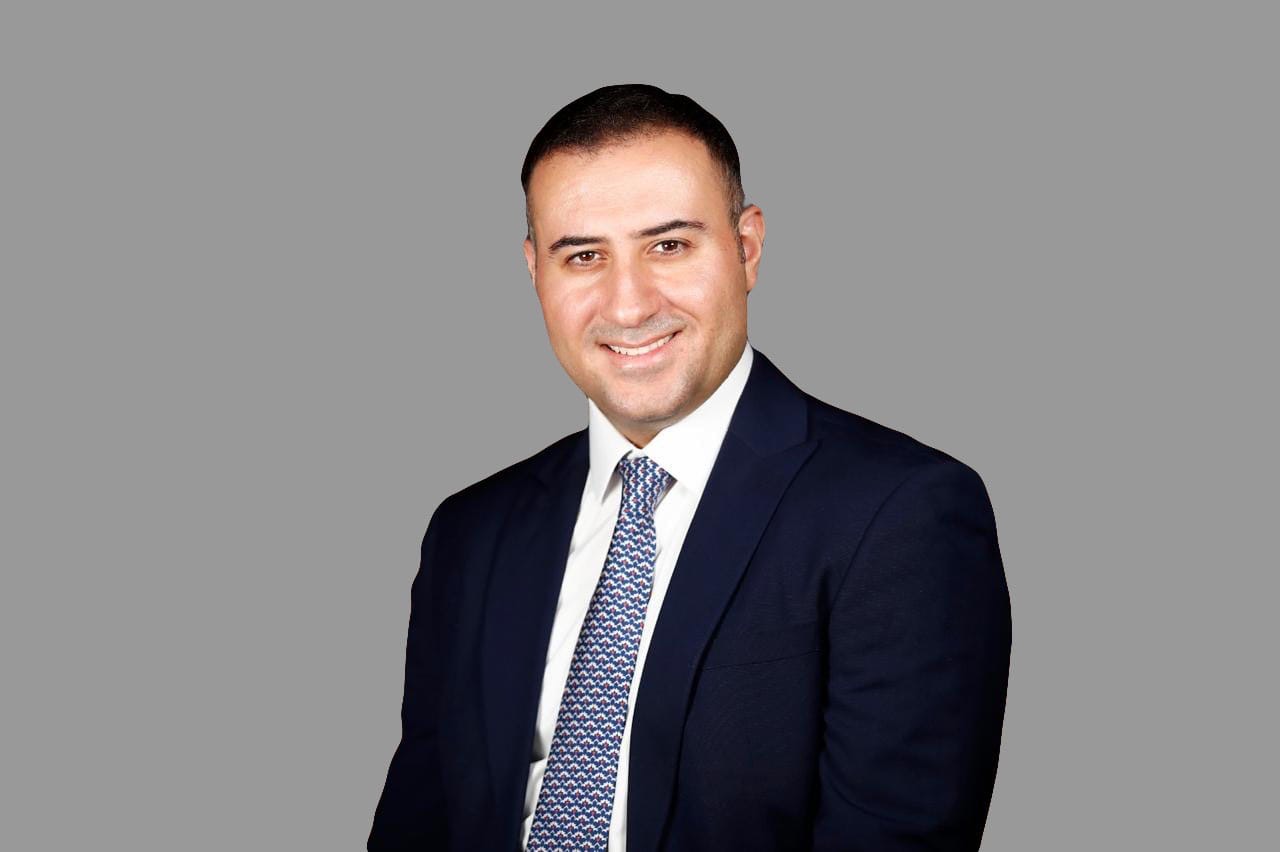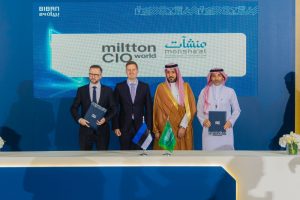As climate pressures intensify globally, countries in hyper-arid zones such as the Gulf are facing some of the most acute environmental challenges. Land degradation and desertification threaten food security, water availability, and ecosystem stability. The report emphasizes that while these issues are global, their impact is often more severe in regions like the GCC, and require coordinated, technology-led solutions to address effectively.
“In hyper-arid regions, innovation and the scale-up of greening technologies are no longer optional, they are essential to effectively combat desertification, restore degraded lands, and secure long-term food and water resilience. Beyond environmental benefits, these technologies unlock significant socio-economic gains by revitalizing rural livelihoods, creating green jobs, and strengthening climate adaptation capacity.” said Marielli Bou Harb, Partner at Arthur D. Little.
The study identifies five transformative technologies: AI systems for precision land management, IoT-based sensors enabling real-time environmental feedback, biochar production for soil regeneration, localized composting for organic nutrient cycling, and genetic engineering where socially and culturally appropriate. These technologies are distinguished not only by their ecological promise but also by their alignment with region-specific conditions such as extreme heat, limited freshwater, and fragile soils. They have been evaluated through Arthur D. Little’s proprietary foresight framework, connecting global research trends with on-the-ground applicability.
“Real impact lies not just in identifying technologies, but in prioritizing those that are both promising and practical rooted in strong scientific research, adapted to the harsh realities of hyper-arid environments, and backed by growing investment and market momentum. We focus on solutions with the greatest potential to scale where they are needed most and when urgency can no longer be postponed” added Marielli Bou Harb.
Across the GCC, national greening campaigns and restoration targets are gaining traction. Saudi Arabia’s 10 billion-tree pledge and its leadership role in the Middle East Green Initiative (MGI) – aiming to restore 200 million hectares – are major drivers of experimentation and innovation. Yet progress is not isolated. The UAE, Qatar, and others are advancing pilot programs that provide models for cross-border replication and scale.
“Innovation thrives when minds unite entrepreneurs, scientists, investors, government, and communities, fuelling green technologies that root deep in Middle Eastern soil, growing a sustainable future for generations to come,” said Juan Moreno, Principal at Arthur D. Little.
Concrete results are emerging, including AI-driven irrigation improving water efficiency by 40 to 50 percent, biochar reducing reliance on traditional water inputs, composting increasing yields in nutrient-poor soils, and sensor networks streamlining restoration efforts through predictive data.
To maximize impact, the study calls for urgent action around four key levers: align policy and investment across GCC and neighboring countries under initiatives like MGI, expand R&D ecosystems to localize emerging global tech, create regional centers for innovation exchange and upskilling, and enable blended finance models to drive scale through public-private partnerships.
“With climate pressures accelerating, the region must move from pilot projects to scalable transformation,” Juan Moreno emphasized. “This report is a practical guide for policymakers, investors, and innovators committed to reversing land degradation and building long-term resilience.”
Arthur D. Little concludes that sustainable land management in hyper-arid regions is no longer a future ambition, it’s a present-day economic, environmental, and geopolitical imperative. The time to act is now.





